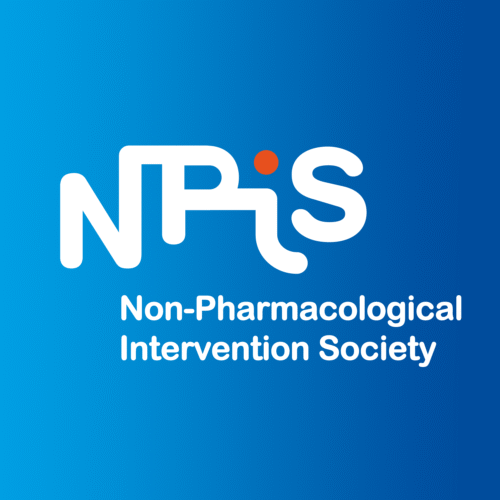A Crisis of Trust: How Non-Pharmacological Interventions Build Patient Agency and Restore Human Connection in Healthcare – Lessons from Parkinson’s disease
Globally, trust in science and healthcare is eroding at an alarming pace, while patients increasingly and rightfully demand care that is credible, human and participatory. Parkinson’s disease (PD) illustrates this shift clearly: too often reduced to the cliché of a “shaking old man’s disease”, it also affects many young people, often women, who are challenging outdated stereotypes and driving new forms of patient advocacy. Their voices highlight the urgency to re-imagine care for complex and chronic conditions, which require truly multidisciplinary approaches.
But this crisis is not limited to patients. On the other side of the consultation table, many healthcare professionals are questioning their current roles. Disillusioned by rushed visits and too often a reduction of their work to pill prescriptions, they too seek care models that restore meaning and authentic human connection.
Drawing on the lessons of PD, Dr. Wilhelm will argue that non-pharmacological interventions are not mere adjuncts to drugs for symptom relief: they act as catalysts for patient agency and professional purpose, and hence as essential pathways for rebuilding the patient–professional alliance and renewing trust in healthcare at a time of profound societal shifts.


